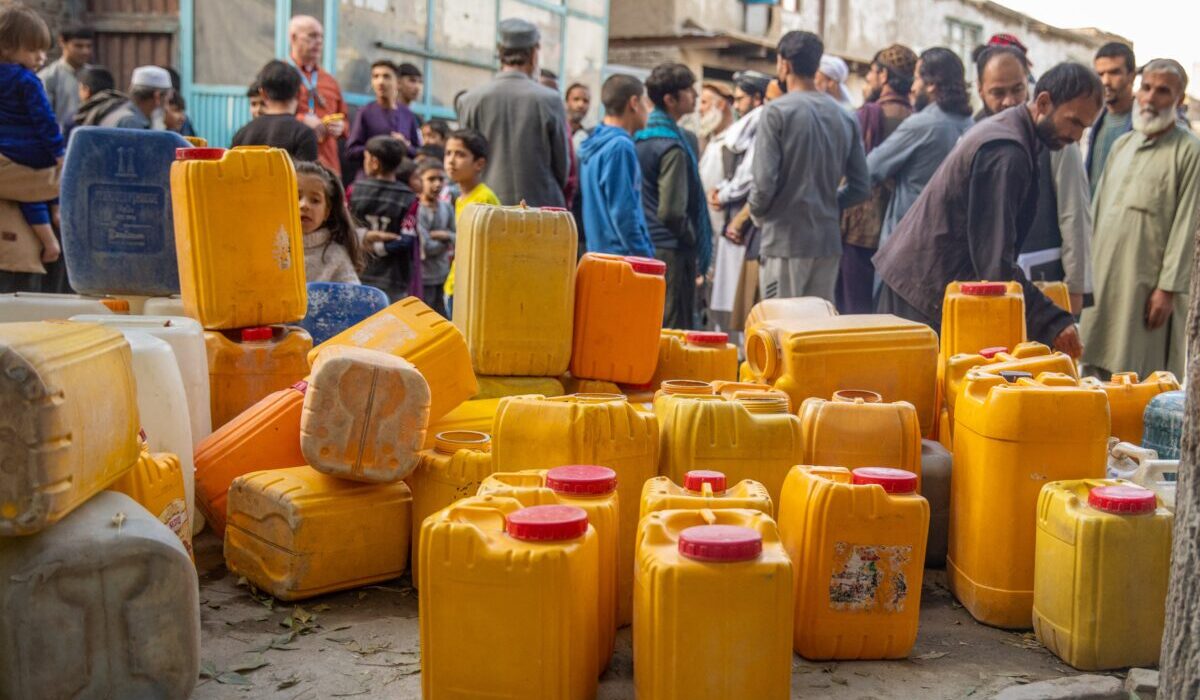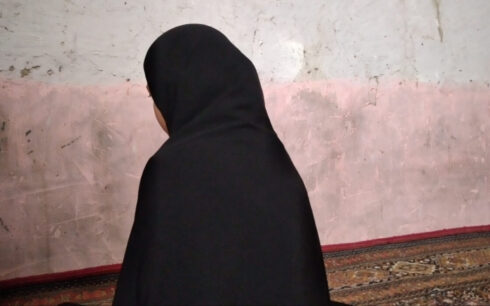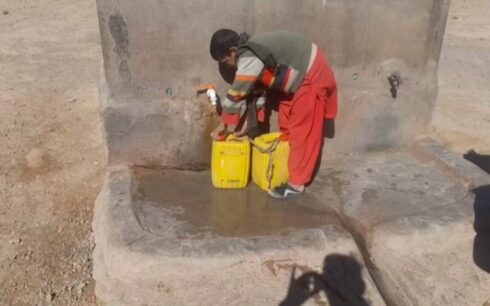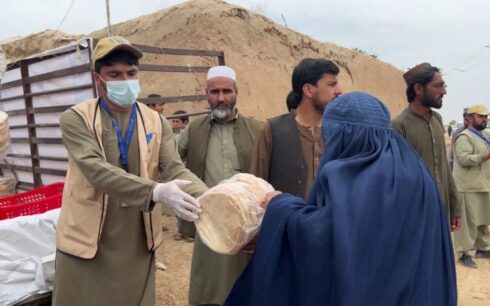The United Nations Children’s Fund (UNICEF) has issued a stark warning that Kabul’s groundwater supply could be depleted by 2030 if urgent action is not taken.
The agency urged immediate steps to address the capital’s water crisis, which is exacerbated by rapid urbanization and climate change.
“Water is life. Due to rapid urbanization and climate change, there could be no groundwater in Kabul by 2030 if we do not act now,” UNICEF stated in a message posted Tuesday on social media platform X.
UNICEF emphasized that climate change and the city’s accelerated urban expansion are the primary drivers of Kabul’s potential water shortage within the next six years. “If we act now, we can prevent this crisis,” the organization said, stressing the need for swift measures.
UNICEF noted that Roza Otunbayeva, the U.N. Secretary-General’s Special Representative for Afghanistan, and Tajudeen Oyewale, UNICEF’s Afghanistan representative, recently toured several water-scarce areas in Kabul to witness the severity of the crisis firsthand.
This warning comes as Kabul residents increasingly report water shortages, with many forced to spend considerable amounts each week to secure potable water due to a lack of sustainable sources.
In several neighborhoods, residents rely on tanker trucks to deliver water, with families often waiting in long lines to fill a few barrels to last the week. In northern Kabul, residents report spending between 400 and 500 Afghanis each week on water deliveries, which still fail to meet basic needs.
So far, the Taliban government, which currently controls Afghanistan, has not announced a plan to address the escalating water crisis in Kabul or other affected regions.
The United Nations has previously warned that drought and water scarcity pose some of Afghanistan’s most pressing challenges, compounding issues in a country already grappling with security and human rights concerns.





